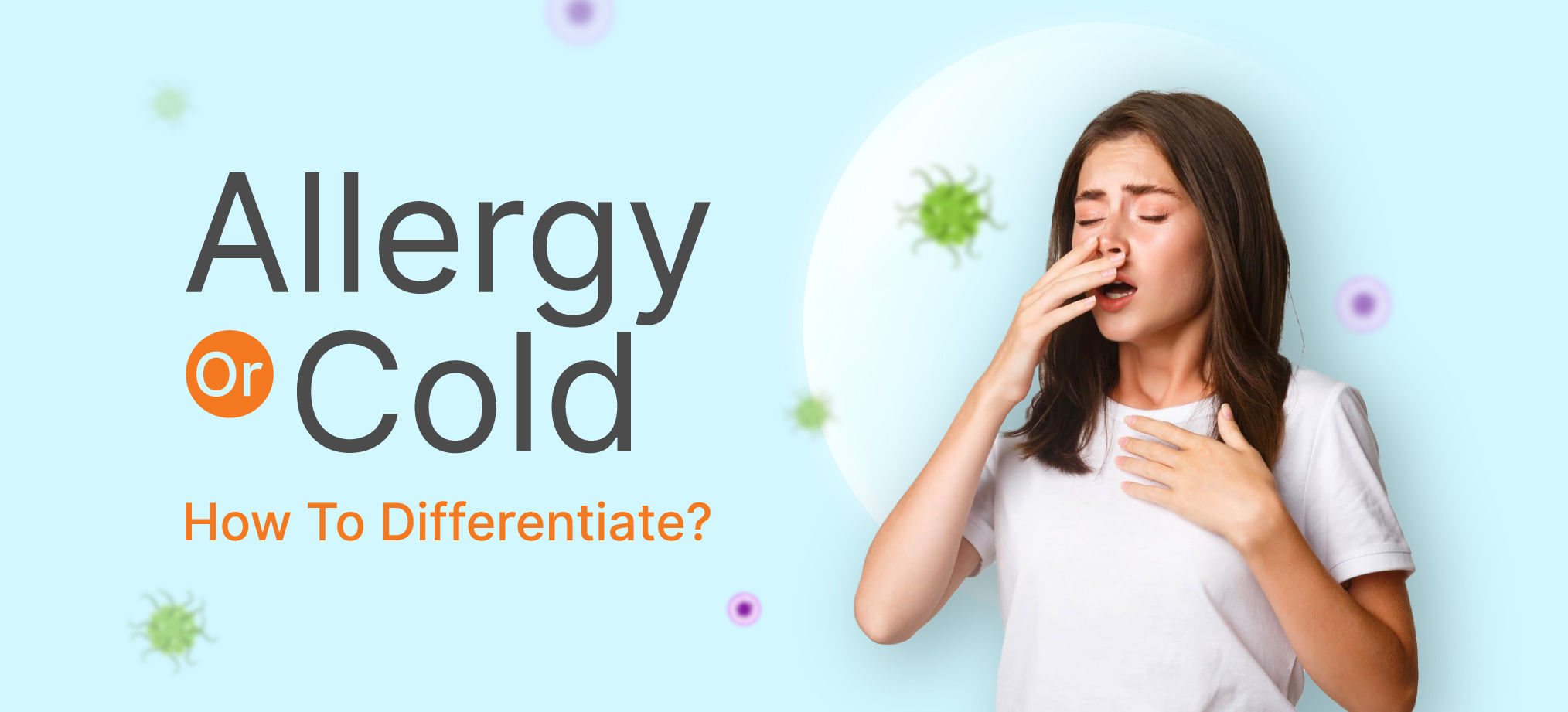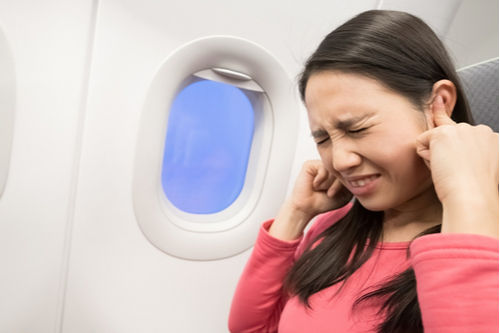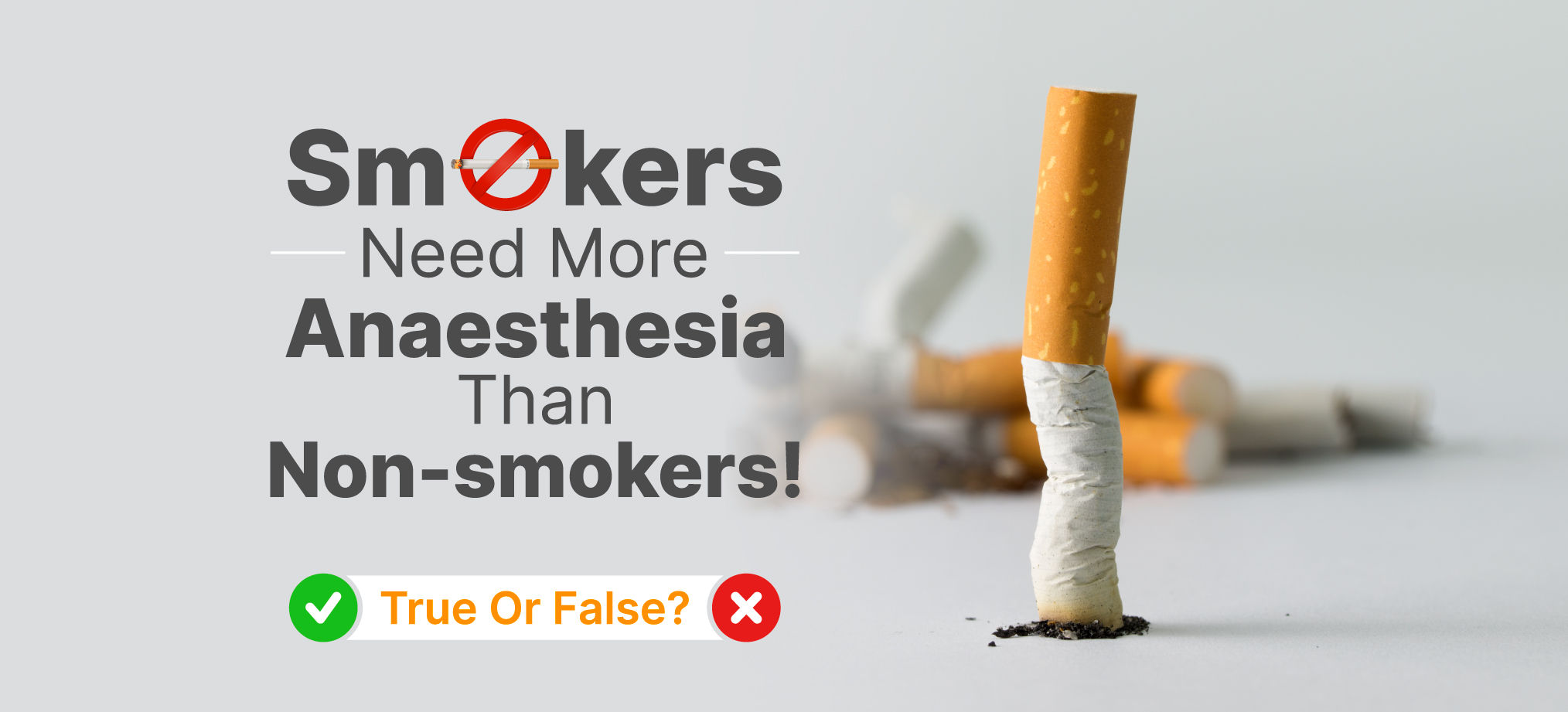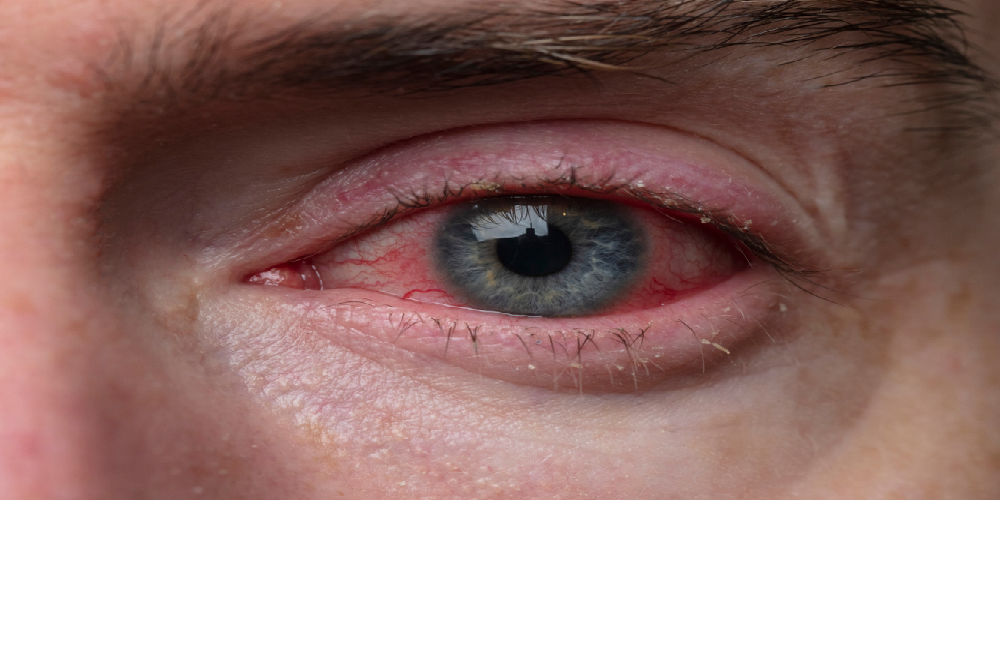General Health
Most Googled ENT Questions Answered By An Apollo Expert
4 min read
By Dr Prof. Suresh Singh Naruka, Consultant, ENT & Head & Neck Surgery, Apollo Hospital, New Delhi - 23 May 2022, Updated on - 25 November 2022
Share this article
0
3 likes

Do you use Q-tips to clean the insides of your ear? Well, you must not! Although many people swear by using Q-tips and cotton swabs to clean the earwax, experts strictly advise against it as it can cause significant damage to the inner structures of the ear. Misconceptions like these can sometimes result in permanent damage. But worry no more! Here are the 9 most commonly asked questions associated with ear, nose and throat health, answered by none other than Dr Prof. Suresh Singh Naruka, Consultant, ENT & Head & Neck Surgery, Apollo Hospital, New Delhi.
Q1 - What are the common causes of nose bleeding?
Ans: Apart from traumatic injuries to the nose, nose picking can also result in a nose bleed. This is very common in children. Other reasons for nose bleeding are exposure to dry air, excessive nose blowing, change in the altitude, trauma, irritants to the nose, or use of anticoagulants. People with uncontrolled hypertension (high blood pressure) are also prone to frequent nose bleeds.
Q2 - What is the most effective technique to stop nose bleeding at home?
Ans: A nose bleed can be stopped by applying direct pinching pressure over the nose manually or using clips for at least 5 mins. Make sure the patient is in a forward-leaning position to avoid swallowing blood.
Q3 - How to differentiate between allergy and cold?
Ans: A person with an allergy may experience the symptoms for an extended period of time. While for some people allergies are seasonal, others may experience the symptoms throughout the year. On the other hand, a cold usually resolves completely within 2 weeks. Furthermore, mostly the initial symptom of a cold is a sore or scratchy throat followed by runny nose, which is very unlikely in the case of an allergy

Q4 - What is the permanent cure for allergy?
Ans: People who suffer from frequent allergies should get allergy shots every year as a part of immunotherapy to reduce the intensity of the symptoms. Immunotherapy reduces the sensitivity to allergens and can provide long-lasting relief even after the treatment is stopped.
Q5 - What are common early signs and symptoms of hearing loss?
Ans: People in the early stages of hearing loss often find it difficult to understand the words clearly in a conversation and often ask other people to repeat themselves. The problem worsens with time, therefore, it is better to get evaluated by an ENT specialist at the earliest.
Q6 - What measures can be taken to prevent ear pain in flight during descent?
Ans: Some people experience pain in the ear due to rapid changes in altitude during the flight. This pain can be overcome by chewing gums during the journey, using nasal decongestant before a flight, or by practising Valsalva manoeuver (forceful expiration of air while keeping the nose and mouth closed).

Q7 - What is the most common cause of hoarseness of voice?
Ans: While the most common cause of a hoarse voice is laryngopharyngeal reflux (acid from the stomach travels back to the food pipe and throat), other common causes are upper respiratory tract infection and postnasal drip. However, if the condition persists for more than 4-6weeks, it is better to get evaluated to rule out anything more serious, such as nodules, tumours or vocal cord paralysis.
Q8 - How can you reduce your snoring?
Ans: Some easy lifestyle modifications that may help reduce snoring include weight reduction, sleeping on the side instead of your back, and avoiding alcohol before bedtime. Furthermore, snoring is often associated with obstructive sleep apnoea, therefore, one should get evaluated for any underlying condition.

Q9 - What is Obstructive Sleep Apnoea?
Ans: It is a medical condition in which an individual’s breathing stops periodically during sleep. These episodes can last ten seconds or longer, restricting restorative sleep. Lack of restorative sleep can result in daytime fatigue, irritability, and concentration problems. Untreated obstructive sleep apnoea can also increase the risk of heart attack, stroke, high blood pressure, and diabetes mellitus.
General Health
Leave Comment
Recommended for you

General Health
Coughing Up Blood? You Might Be Having These Health Issues
Hemoptysis, or the presence of blood in a cough, may signal some serious medical issues. If you notice any such symptom, consult a doctor immediately to get the underlying cause diagnosed.

General Health
How Does Anaesthesia Work?
Ever wondered how anaesthetic works? It is certainly baffling to realise how we go under the knife without even feeling the agony! This blog explains the many kinds of anaesthesia and how they are administered.

General Health
9 FAQs About Conjunctivitis
From symptoms to treatment options, this blog provides comprehensive information on conjunctivitis. Learn how to prevent and manage this common eye condition.
Subscribe
Sign up for our free Health Library Daily Newsletter
Get doctor-approved health tips, news, and more.
Visual Stories

Science-backed Home Remedies for Burns and Blisters
Tap to continue exploring
Recommended for you

General Health
Coughing Up Blood? You Might Be Having These Health Issues
Hemoptysis, or the presence of blood in a cough, may signal some serious medical issues. If you notice any such symptom, consult a doctor immediately to get the underlying cause diagnosed.

General Health
How Does Anaesthesia Work?
Ever wondered how anaesthetic works? It is certainly baffling to realise how we go under the knife without even feeling the agony! This blog explains the many kinds of anaesthesia and how they are administered.

General Health
9 FAQs About Conjunctivitis
From symptoms to treatment options, this blog provides comprehensive information on conjunctivitis. Learn how to prevent and manage this common eye condition.